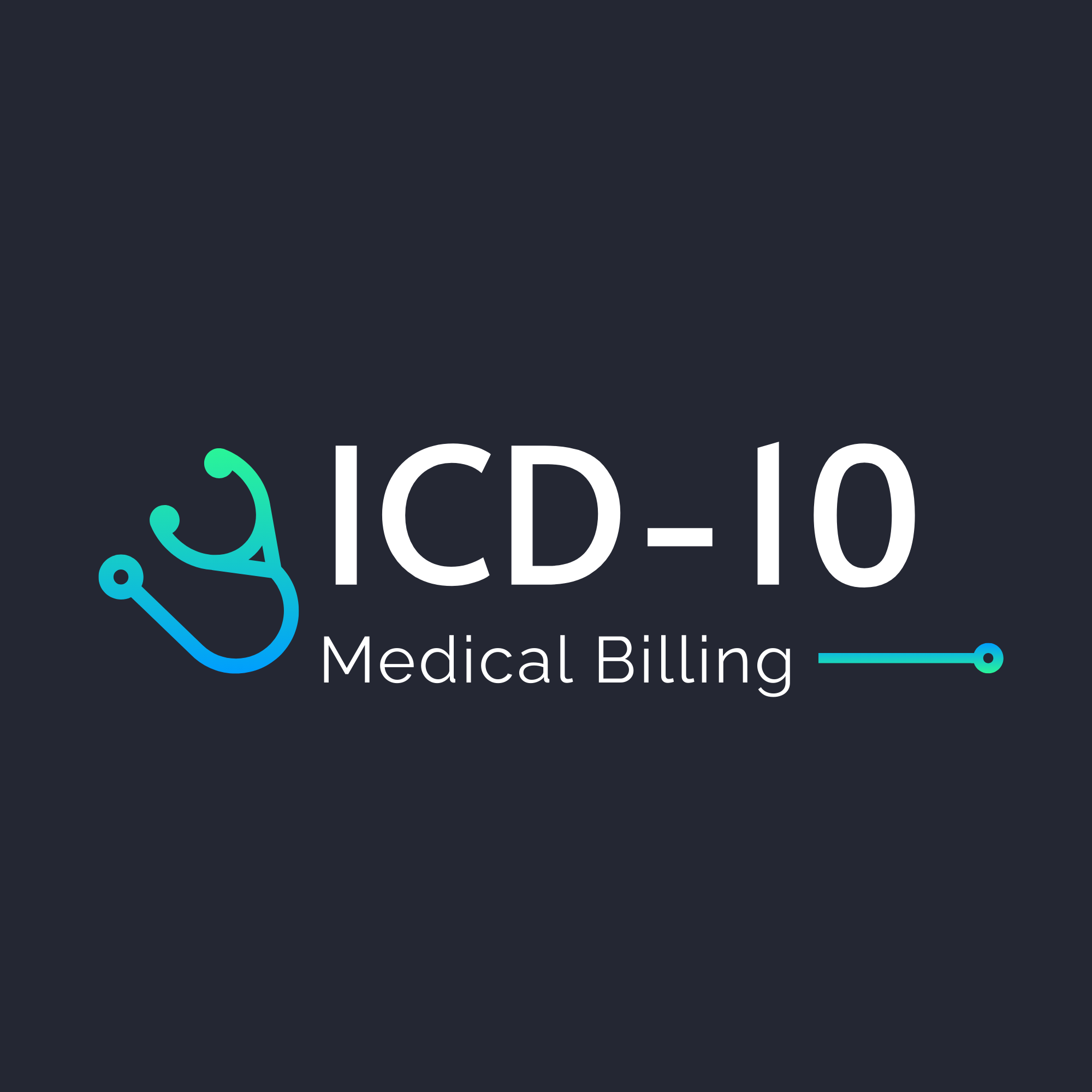Major Depressive Disorder, Single Episode. It refers to a period of significant depressive symptoms lasting at least two weeks. Unlike recurring depression, this is a single episode and does not necessarily indicate a chronic condition. However, if untreated, it may lead to further episodes.
Symptoms of F32:
People experiencing a single episode of major depression may exhibit the following symptoms:
- Persistent Sadness: Feeling down, hopeless, or tearful most of the day.
- Loss of Interest: Reduced pleasure in activities that were once enjoyable.
- Fatigue: Feeling tired or having low energy, even after rest.
- Changes in Sleep Patterns: Insomnia or excessive sleeping.
- Appetite Changes: Loss of appetite or overeating, often leading to weight changes.
- Difficulty Concentrating: Trouble focusing or making decisions.
- Feelings of Worthlessness or Guilt: Unjustified guilt or self-criticism.
- Thoughts of Death or Suicide: Recurrent thoughts of self-harm or dying.
For a diagnosis, at least five of these symptoms must be present, with one being either persistent sadness or loss of interest.
Causes and Risk Factors:
Several factors can contribute to the onset of a single depressive episode:
- Biological Factors: Imbalance in brain chemicals like serotonin and dopamine.
- Genetics: Family history of depression increases risk.
- Life Events: Trauma, loss of a loved one, financial stress, or job loss.
- Medical Conditions: Chronic illnesses, hormonal imbalances, or pain.
- Substance Abuse: Alcohol or drug use can trigger or worsen symptoms.
Diagnosing F32:
Diagnosis involves a thorough evaluation by a healthcare professional, typically including:
- Clinical Interviews: Discussing symptoms, duration, and impact on daily life.
- Screening Tools: Questionnaires like the PHQ-9 (Patient Health Questionnaire).
- Exclusion of Other Causes: Ensuring symptoms are not due to medication, substance abuse, or other medical conditions.
Treatment Options:
- Therapy:
- Cognitive Behavioral Therapy (CBT): Helps identify and change negative thought patterns.
- Interpersonal Therapy (IPT): Focuses on improving relationships and social skills.
- Medications:
- Antidepressants: Such as SSRIs (e.g., fluoxetine, sertraline) or SNRIs (e.g., venlafaxine).
- Lifestyle Changes:
- Regular exercise, healthy eating, and adequate sleep.
- Mindfulness and relaxation techniques, like yoga and meditation.
- Support Groups: Sharing experiences with others facing similar challenges can provide emotional relief.
Impact of F32 on Life:
Major Depressive Disorder can affect all aspects of life, including:
- Work and Productivity: Reduced focus and absenteeism.
- Relationships: Strain on family and friendships due to withdrawal or irritability.
- Physical Health: Increased risk of heart disease, diabetes, and weakened immunity.
Coping Strategies:
- Seek Help Early: Timely intervention prevents symptoms from worsening.
- Build a Routine: Maintain regular sleep, meals, and physical activity.
- Stay Connected: Spend time with friends and loved ones.
- Avoid Alcohol and Drugs: These can exacerbate symptoms.
- Set Small Goals: Accomplishing even minor tasks can boost confidence.
Conclusion:
Major Depressive Disorder, Single Episode, is a serious condition that can disrupt lives but is treatable with proper care. Understanding the symptoms, causes, and treatments is the first step toward recovery. If you’re experiencing signs of depression, remember that help is available, and reaching out is a sign of strength, not weakness.
Stay informed with ICD Med-Billing for the latest updates on ICD-10 codes.




